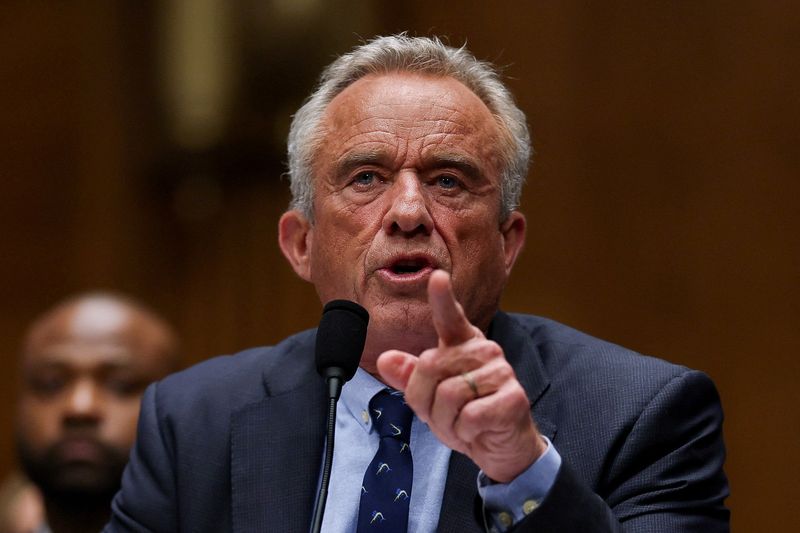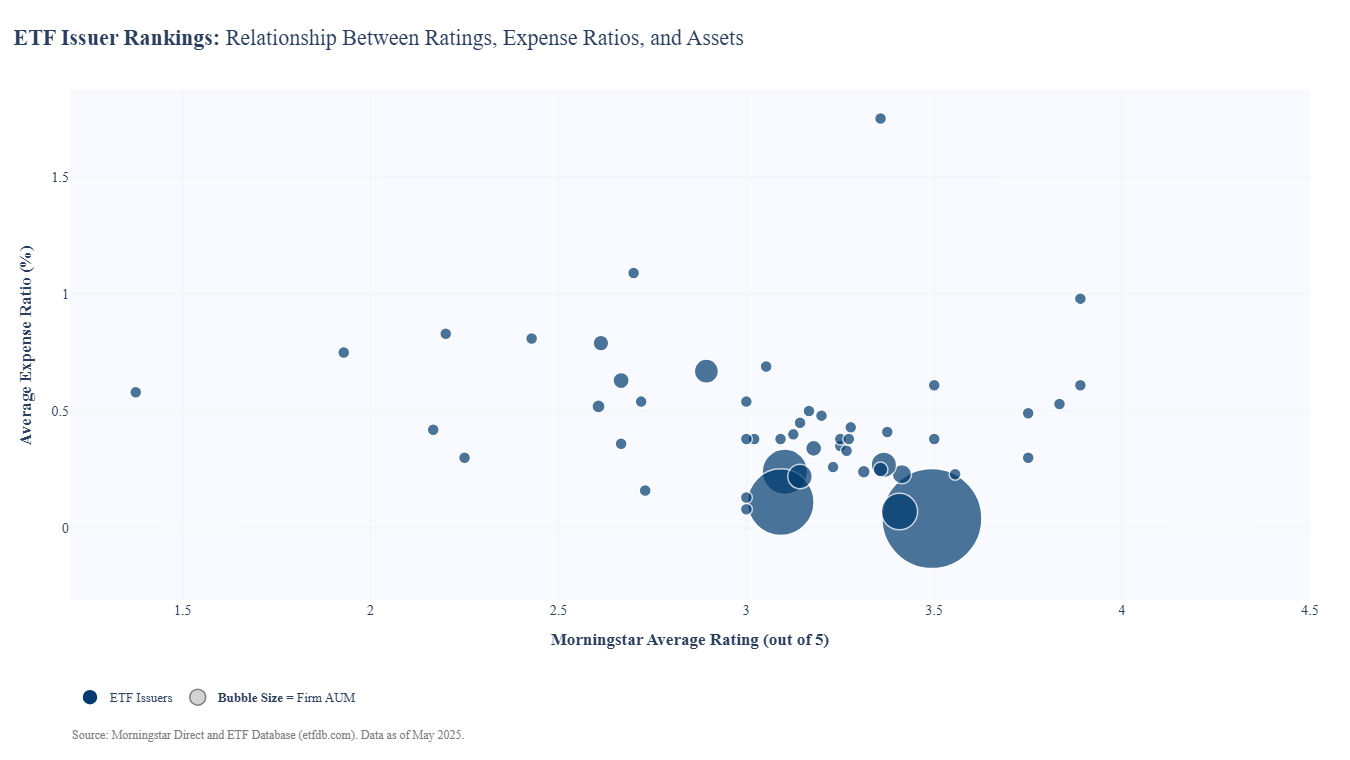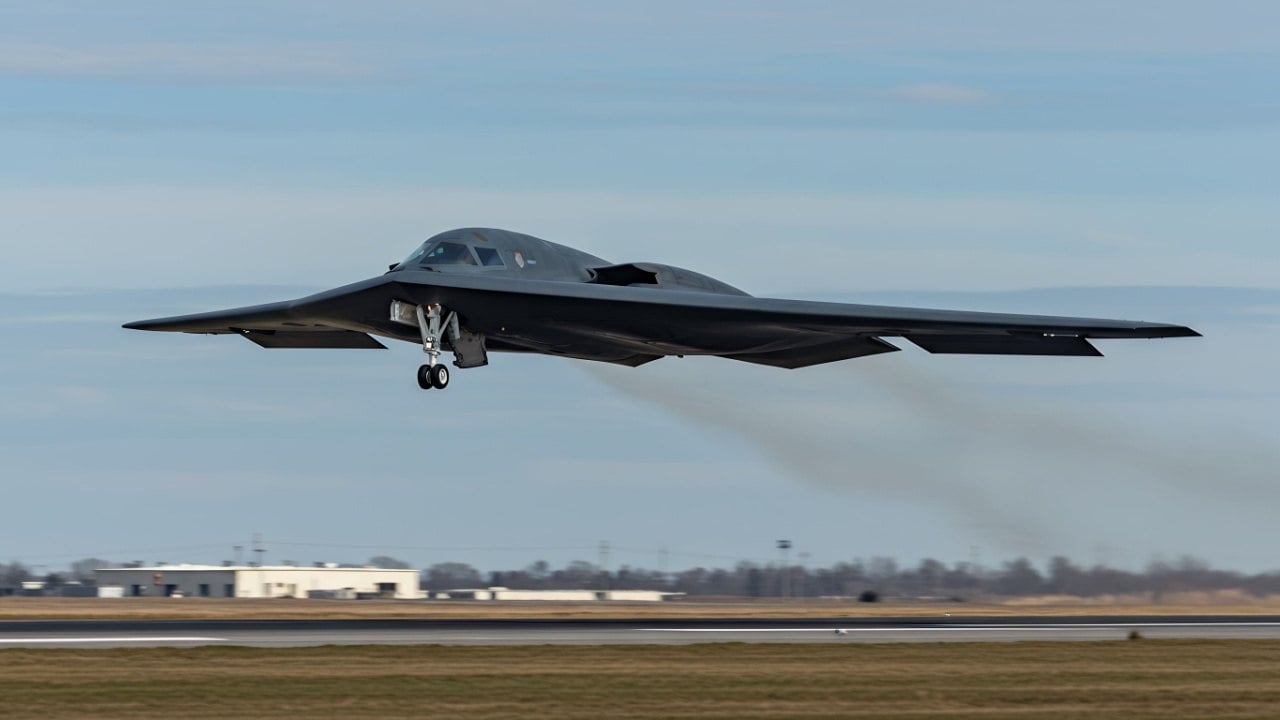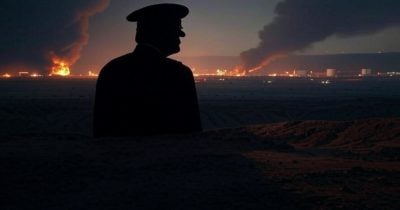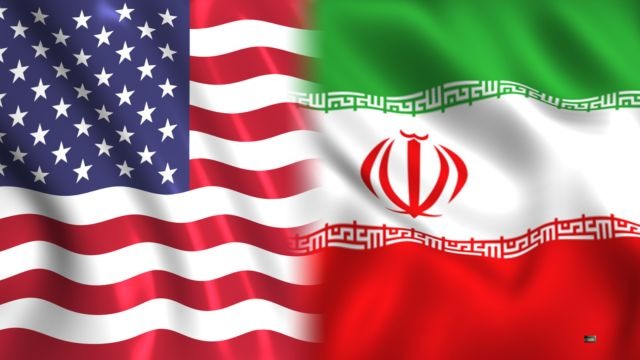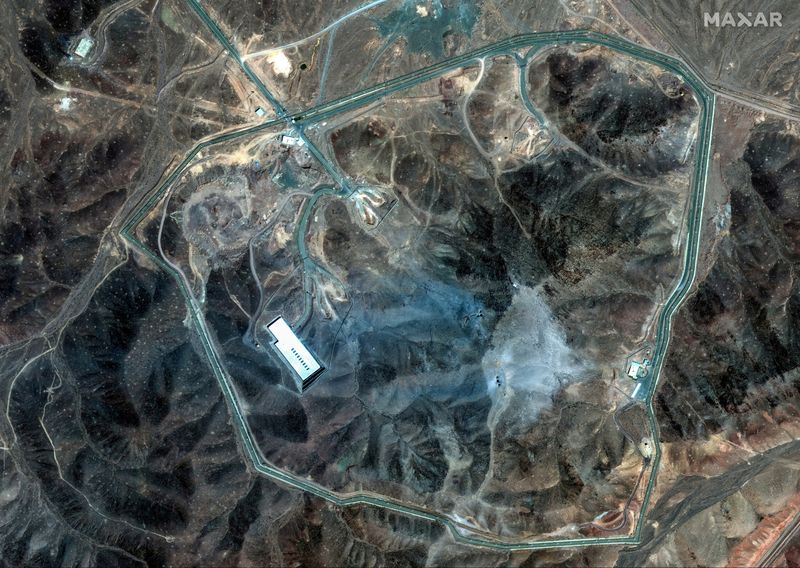More airlines cancel flights, reroute after US strikes on Iran
United and American Airlines suspended Middle Eastern routes earlier in the month.

With conflict in the Middle East entering a dangerous new phase after the U.S. struck three Iranian nuclear sites on June 22, airlines have been forced to make quick decisions about service to multiple key hubs.
A major connecting carrier for flights to the Middle East from Asia, Singapore Airlines (SINGF) canceled all four of its return routes between Singapore and United Arab Emirates' Dubai.
"As the situation remains fluid, other SIA flights between Singapore and Dubai may be affected," the airline said while adding that "customers are advised to contact their travel agent or purchasing airline directly for assistance."
Don't miss the move: SIGN UP for TheStreet's FREE Daily news
'Those customers who are booked on to services to Dubai and Doha'
Air France (AFRAF) and British Airways similarly took the step of suspending all service to Dubai, Riyadh, and Doha. The immediate cancellations are set to be in effect until the end of June 23, but both airlines issued statements saying they are "monitoring the situation" and are prepared to extend the suspension until the situation stabilizes.
"We are offering a flexible booking policy for those customers who are booked on to services to Dubai and Doha and wish to change their dates of travel," British Airways said in a statement. "Those due to travel between now and June 24 can rebook on to a later flight up to and including July 6 free of charge, by contacting us by phone.”
Related: New travel advisory tells Americans not to travel to Israel
Other airlines to suspend flights to Middle Eastern cities include Australian flagship carrier Qantas Airways (QUBSF) and Japan Airlines (JAPSY) . Middle Eastern carriers such as Qatar Airways and Emirates immediately suspended flights to Imam Khomeini International Airport (IKIA) in Tehran and Baghdad International Airport (BGW) and Basra International Airport (BSR) in Iraq.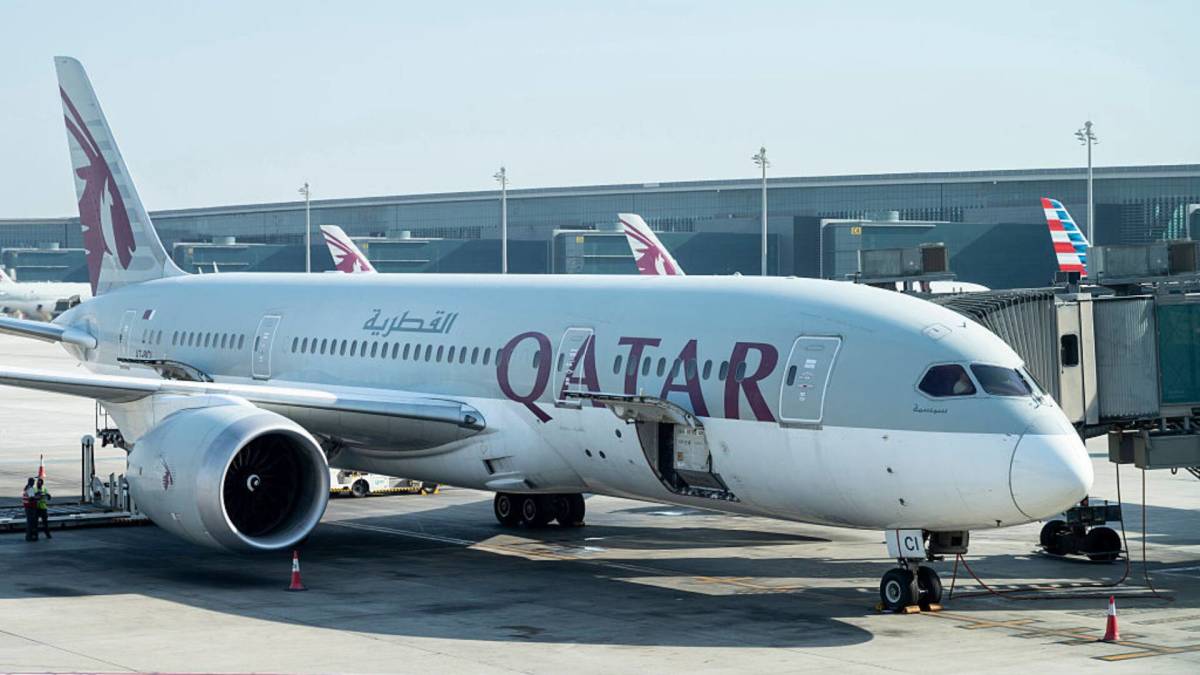
'Further changes or disruption may occur at short notice'
"This remains a highly dynamic situation, and further changes or disruption, including sudden airspace closures or operational impact, may occur at short notice," Abu Dhabi-based Etihad also states on its website. "Etihad continues to monitor developments closely in coordination with the relevant authorities and is taking all necessary precautions."
In the U.S., airlines such as United Airlines (UAL) and American (AAL) had already suspended service to Tel Aviv's Ben Gurion Airport (TLV) and Qatar's Hamad International Airport (DOH) earlier in the month as exchange strikes between Israel and Iran increased.
Immediately after Trump put out a social media post announcing that two B-2 stealth bombers dropped "bunker-buster" bombs on Iranian sites, several airlines already in the air diverted their flights back to their origins.
More on travel:
- US government issues sudden warning on France travel
- United Airlines places big bet on new flights to trendy destination
- Another country just issued a new visa requirement for visitors
But while service to the area has been suspended en masse over widespread uncertainty, there have been no delays amid flights that are cleared to take off. Another immediate concern has been the cost of jet fuel amid Iran's response of closing the Strait of Hormuz to trading ships.
“At this stage, it doesn't seem that there are wholesale delays that are being caused by [the conflict]," Ellis Taylor, an analyst at the aviation firm Cirium, told the Sydney Morning Herald. "There have been a number of airspace restrictions in place around Israel for the last week, so airlines have largely mitigated that."
Related: Veteran fund manager issues dire S&P 500 warning for 2025






































